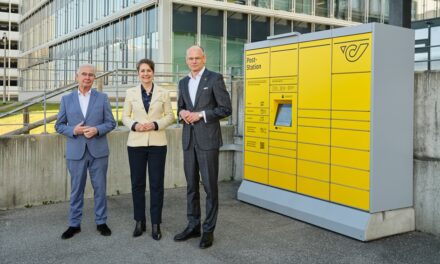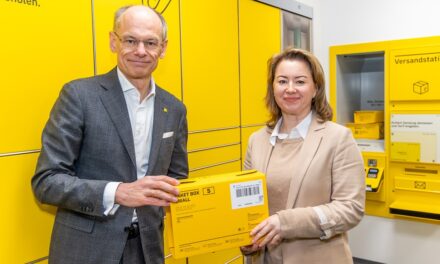
Austria starts postal service privatisation
Europe’s third postal service privatisation sets off today with the 49 per cent sale of Austria’s Osterreichische Post.
The deal, worth about Euros 650m (Dollars 833m), is the last significant privatisation by Austria’s centre-right government before general elections in the autumn and follows a string of significant asset sales.
The OIAG state holding company yesterday said the deal would be priced at Euros 17- Euros 19 a share. The final level, subject to bookbuilding, will probably be set on May 30, with trading starting the following day.
The Austrian Post follows Deutsche Post and TNT of the Netherlands in floating its shares. It will be the world’s fourth quoted postal group, including Singapore.
Anton Wais, chief executive and a former top Siemens manager in Austria, supervised a deep restructuring of the once marginally profitable operation, with deep job cuts and a sharply reduced number of post offices and sorting centres.
The strategy has prompted a marked improvement in profitability. Net earnings jumped 31.6 per cent to Euros 100.9m last year on a 3.9 per cent rise in sales to Euros 1.7bn. Operating profits in the first quarter surged 53 per cent year on year to Euros 49m on a 5.8 per cent increase in sales to Euros 419.8m.
“We are very confident”, Mr Wais told the Financial Times.
But he warned against extrapolating the strong first quarter figure because of the timing of Easter, which added two working days compared with 2005.
Mr Wais forecast modestly rising sales and operating profits for 2006. In the medium term, the group is aiming for an operating profit margin of 7-8 per cent compared to just over 6 per cent today.
Mr Wais said the group hoped to expand further into letter and parcel services in central and eastern Europe, where market liberalisation has in many cases only come gradually. It already has a substantial presence in the Hungarian market.
Investors have been reassured by a commitment to distribute Euros 70m in dividends this business year and to move to distributing 70 per cent of attributable profits in the medium term.
The deal is being led by Goldman Sachs.












